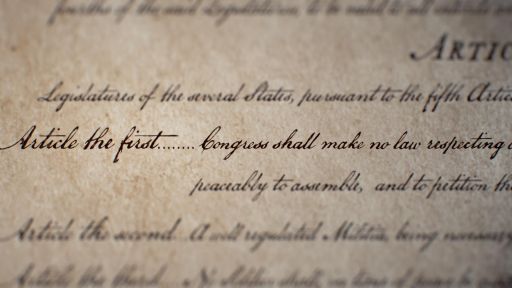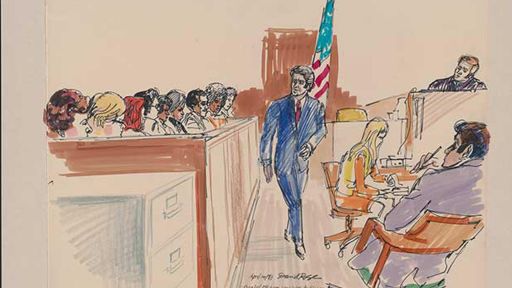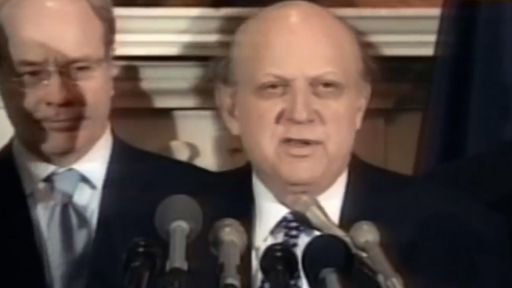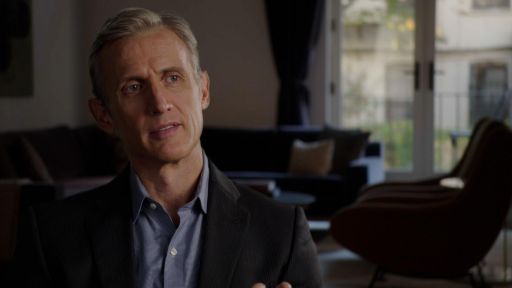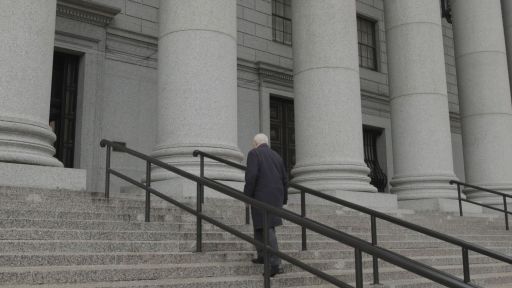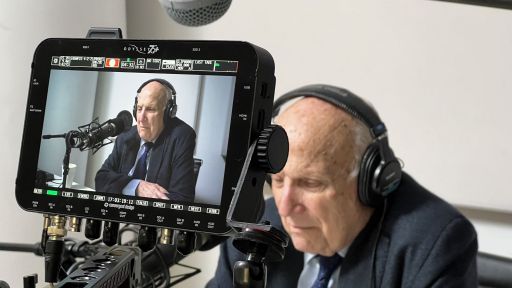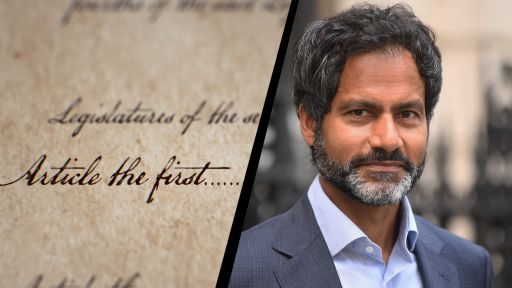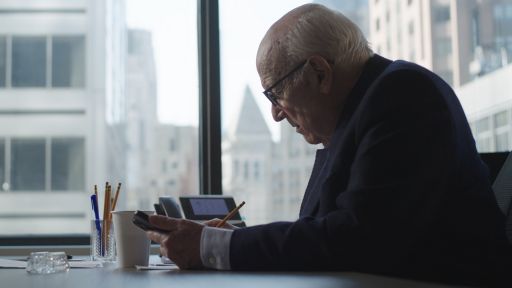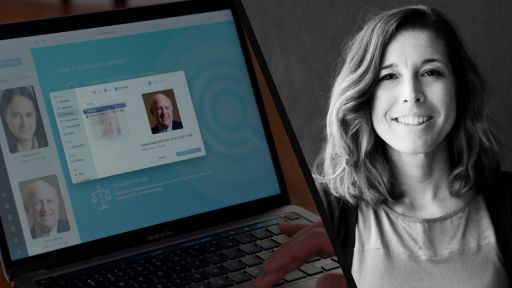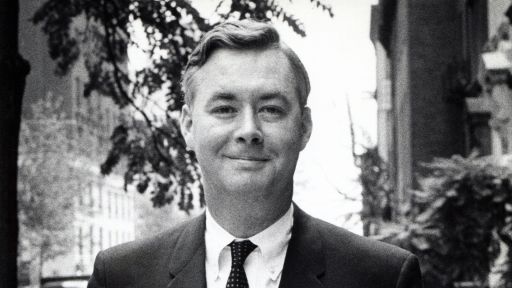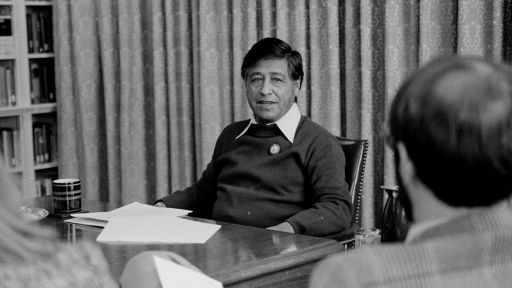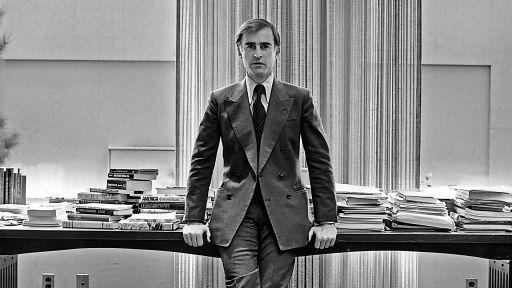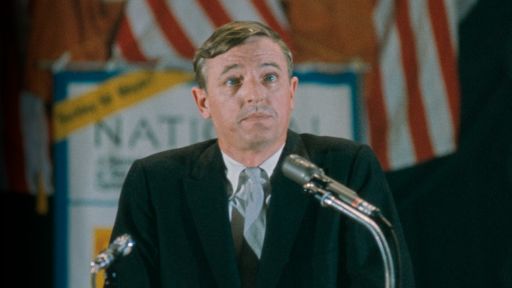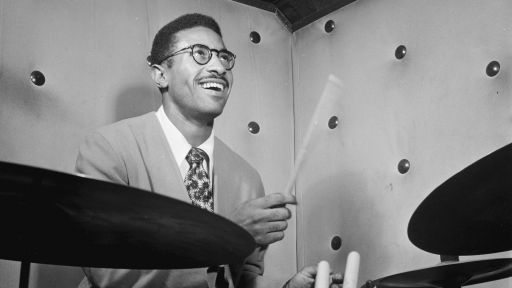TRANSCRIPT
- I represented Mitch McConnell.
Not my favorite public servant.
- So let me turn first to Floyd Abrams.
- [Floyd] But I agreed with his views on this.
- Thank you, Senator.
I'm delighted to be here in rather unaccustomed company.
(politician chuckles) It's the oldest of cliches that politics makes strange bedfellows.
It is not at all strange that people who disagree politically can come together in defending the First Amendment.
- Right away, we're in the area where there is the absolute most First Amendment protection.
Nothing's more important than speech about who to vote for, and maybe nothing, nothing, nothing is more important than who to vote for for President.
That was an easy case.
That must be one in which the First Amendment carries the day.
- I actually was at the Citizens United Argument.
I was a young lawyer in the Obama White House Counsel's Office, and the White House would often send lawyers to the court for kind of big, significant arguments.
Citizens United was initially a pretty narrow case.
It's actually not really about a ban on anything, but about just like a limitation on when you could spend money and how you could spend money.
But then the court, when everyone was expecting the case to be decided in June of 2009, the court conspicuously set the case for re-argument and reframing in much, much broader terms.
- [Chief Justice] Mr. Abrams.
- [Floyd] Mr. Chief Justice, and may it please the court.
The first case- - He didn't go small.
He went big.
He said, "This is an opportunity.
You could decide this case on narrow grounds."
There's good arguments to be made that the court should have decided on the narrow grounds, but justices, you should please make a big, bold statement saying that "the First Amendment protects independent spending by corporations in candidate elections."
(epic music)

